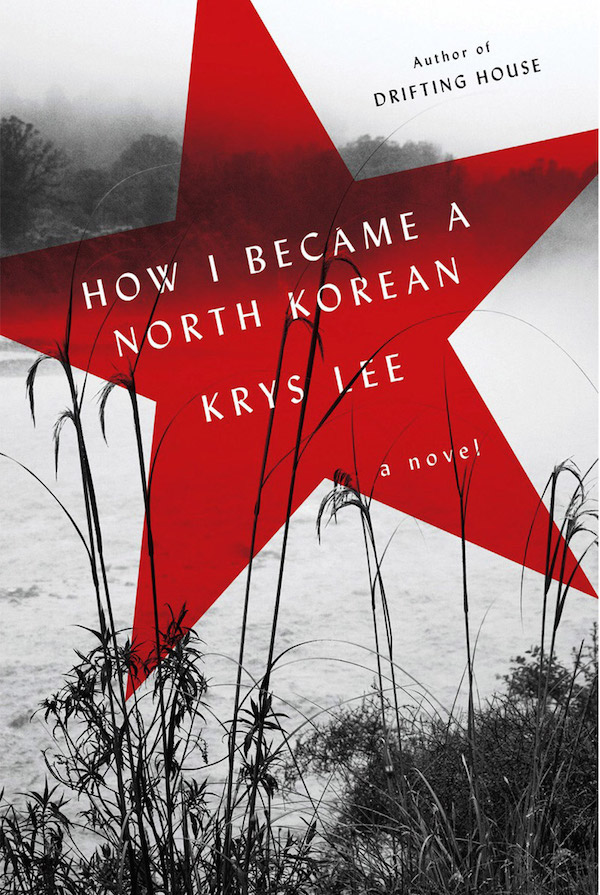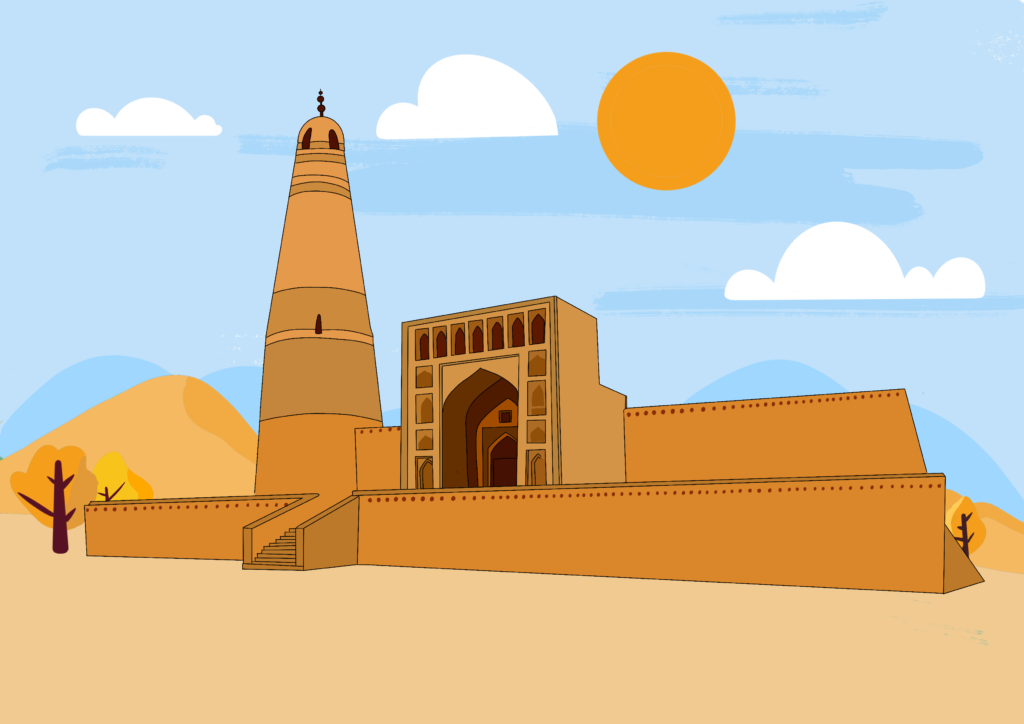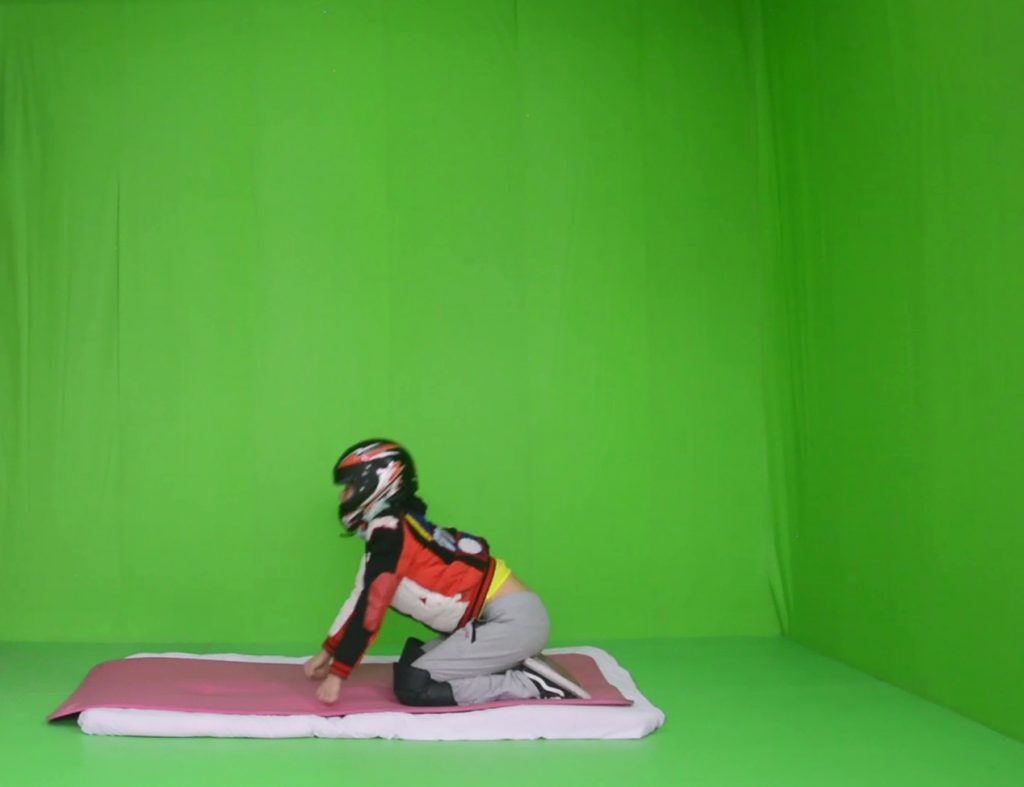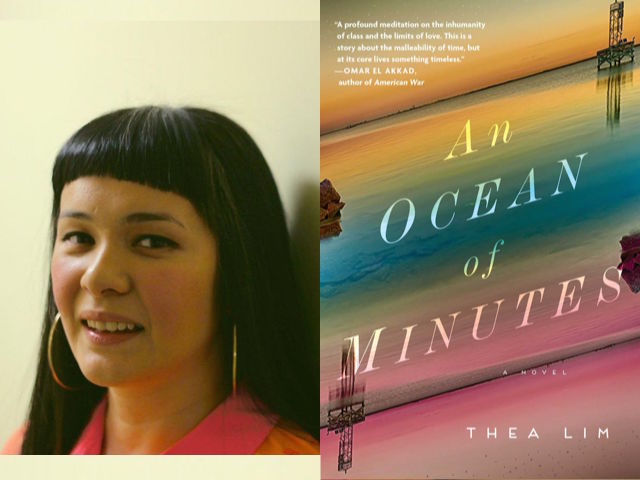The author of How I Became a North Korean speaks about the power of fiction to give clarity to the world.
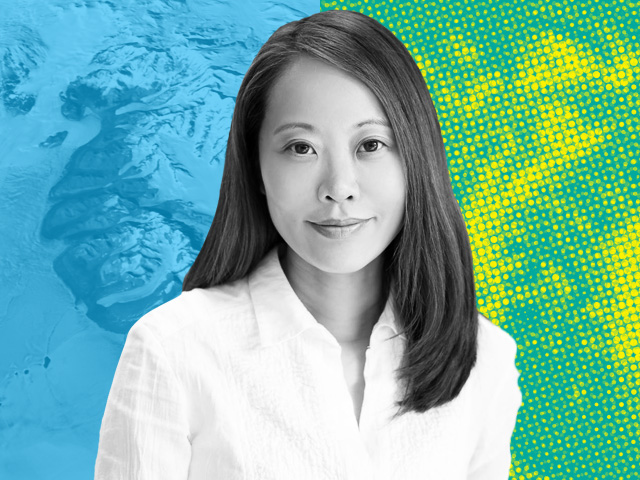
February 27, 2017
Krys Lee’s collection of short stories, Drifting House, was published in 2012 to great acclaim. In How I Became a North Korean, her celebrated debut novel set just outside the North Korean border, Lee traces the treacherous journeys of three very different North Korean defectors whose lives briefly intersect. In the conversation below, Hannah Michell speaks with Lee about playing with reader expectations, the delicate balance of writing North Korean voices, and the power of fiction to give clarity to the world.
Read an excerpt from How I Became a North Korean below.
Hannah Michell
This feels like a very important novel, one of the very few which has sought to allow the voices of North Koreans themselves to speak. In a previous interview you said that there was a lot that you had to throw out in the process of writing this novel. I am curious, how did you settle on these three characters and voices and were there other perspectives or characters you had to discard? Was it a difficult thing to go into their heads and tell their stories from the first person?
Krys Lee
Writing from the point of view of North Koreans was difficult, but necessary. Though I’ve had close North Korean friends for over 10 years, it took me nearly five years of writing to balance my sense of responsibility to the community, while also being true to fiction and the imagination. I wrote from the voice of many different characters, including a missionary, a journalist, and other North Koreans, but the ones who survived had voices and distinct personalities most compelling to me. I also wrote the novel several times in the first, third, and second person plural point of view, but returned to the first person as a form of active engagement and meditation on the past. The past is a powerful animal, and though as a writer I feel freest to “play” in the third person, I was interested in this confrontation of the past that only seemed to emerge in the first person point of view.
HM
Writers are often plagued with doubts and demons throughout their writing process. Could you elaborate on what was so difficult about writing from that point of view?
KL
The greatest doubt was whether I was capable of finishing the novel. I tried to remind myself several times of how Chang-Rae Lee once said that he never thought he would finish each novel he wrote. I also thought of Junot Díaz, and how much courage it took to persist in writing and returning to a new reincarnation of the brilliant novel, The Brief Wondrous Life of Oscar Wao. I wondered whether I should be writing at all, or instead, working within a humanitarian organization. Too often I wondered, why bother to write this novel, when there are so many fine existing novels to read? Still I continued returning to writing the novel because if I don’t engage with language with the fine intensity that fiction and poetry requires, I feel half-alive.
HM
One of the very striking and important aspects of How I Became a North Korean, for me, is the way that the narrative slowly reveals how the very category of “North Korean” is a construction that the characters who are defecting from North Korea have to confront much in the way that the African protagonist in Americanah by Chimamanda Ngozi Adichie confronts “blackness” in coming to America. The voices of the novel play the critical role of humanizing North Koreans who become defined only by their defection. Could you talk a bit about how this sort of categorizing poses a burden for North Koreans?
KL
The comparison between my characters and Adichie’s is apt. All of us struggle with the definitions and categories that define us. We may be an individual, but from the onset, we are someone’s son or daughter, we have an immediately recognizable skin color, we belong to a known social class, and usually, a prescribed citizenship. But being North Korean, both within the country and outside the country, is a charged identity that is sometimes life-threatening, shameful, and nearly always reductive.
HM
Do you think that many feel they have to continue a sort of exaggerated performance of the “North Korean defector” even once they are in relative safety?
KL
North Koreans often become the target of vying agendas. Only recently, the first publicly gay North Korean defector (it is said that he was outed) has been courted by many organizations and agendas to join their cause. You could say he became a kind of North Korean celebrity. The same thing happens to many, but as we know about celebrities, the public is just as quick to turn on them. Exaggerations happen for many reasons. Victims of trauma often confuse their stories, they become conflated with other stories, and as in Kurt Vonnegut’s Slaughterhouse-Five, in the most extreme cases the sense of time and place dissolves. Also, because of the many competing agendas, and people often leading them with questions, it becomes clear that the public wants the most sensational and dramatic stories. We as people, over time, are shaped subtly by desire, so we can’t expect North Koreans to remain unaffected by this. My question is: What is truth? Are the only important things facts and dates? Where is the place today for emotional truth?
HM
The narrative very artfully plays with the reader’s expectations of the characters. Could you talk about the various relationships between missionaries in China and defectors?
KL
The relationship between helpers and those they help are always complicated because there is an inherent inequality in power. It’s even more fraught between missionaries and defectors because, since China doesn’t recognize North Koreans as political refugees within its borders, the people are prey to all sorts of opportunists. I grew up in the church, and as my father was a very troubled pastor, I shouldn’t have been surprised to find out that the people helping North Koreans at the border often have mixed motives. When you have to risk jail time and sometimes, your life, doing such work, it will inevitably draw some dangerous characters. Some of the work involves gang members as well; I actually had lunch with one at the border. I wonder what my life would be like now, frankly, if I hadn’t been in danger myself and had to quit setting up a safe house.
HM
What Jangmi went through in the novel was unbearable, and I have also heard stories about how women also get sold into prostitution in South Korea. It seems that the burden of defection is much heavier for women than it is for men. Do you think this is true?
KL
Yes, I think, because women are far more prey to sex-trafficking and being physically overpowered, especially in China, where the long maintained one-child policy has created a huge imbalance between the ratio of men to women. But North Korean men have often voiced envy that the women at least have somewhere to hide in China, whereas men are left entirely to their own agility and ability to hide. Like a pointillist painting, the more closely you look, clarity disappears.
HM
There are many journeys in this novel, both physical and spiritual. You mentioned that Danny, a Chinese-American character, was important for you. Could you elaborate a bit on that?
KL
Danny is and isn’t a Chinese-American character. Ethnically, he’s Korean-Chinese, already a minority in his country, who immigrates to the U.S. He’s located in the in-between space, a drifting house. His unique positioning between these cultures, and his understanding of the missionary culture, was crucial for the novel, as it gives him a broader cultural and historical perspective as a witness. He is, incidentally, inspired by brief articles I had run across about homeless Chinese-Korean teenagers, joseon-jok, who live with groups of North Korean teenagers in China. I was intrigued, and as often happens, my own questions fueled the narrative.
HM
Sunjeev Sahota has been quoted as saying that this novel is an “education.” I wondered what you think about the power of fiction to provide that education in a way that other mediums cannot?
KL
For me, the best fiction engages the mind and the heart. I read fiction to be delighted and be moved by a writer’s singular cadence and imagination, to forget the world, only to discover the world. The painter Georgia O’Keefe once said that she clarifies herself through paint. Fiction writers clarify themselves through words. Nonfiction is an incredible form, but you are never allowed to forget the world. The act of reading fiction is, by default, a symbolic, metaphorical act. You’re not actually stuck on a life raft with a hyena, orangutan, zebra, and tiger, but you are, all while thinking deeply about the nature and power of faith and storytelling.
HM
How was the process of writing a longer narrative after writing short stories? Do you think you now prefer one form over the other?
KL
All genres interest me, from poetry, the form I began in, to plays. I find alternating between forms organic to me as certain impulses come in the shape of a story, and others feel like a vaster canvas that will take years to compose. The longer narrative was a thrilling, terrifying journey, as inhabiting the novel world requires patience and a deepening of understanding that, I hope, is akin to wisdom. But it’s also one of the most discouraging experiences, as there were at least a few times, including once on the Rome Prize at the American Academy, when I thought I was done with fiction. Or more accurately, that fiction had done me in. That was my struggle to write the novel, but thankfully, the novel wouldn’t let go of me. I’m working in both forms at the moment, since I have several novel and stories ideas that I’m hungering to write. Depending on the day, I discover a different note.
From HOW I BECAME A NORTH KOREAN
In late February or early March, I walked across the frozen Tumen River toward a man from China, ready to give my unborn child a different life. Of course my crossing had actually started much earlier, maybe with the Great Hunger or even before I was born. The China beyond the river that day was as dried up and brown as my country. I walked with the eyes of men and women following me from both sides of the shore. I remember being hopeful though the riverbanks were still hoary with the remaining snow.
A border patrol who the man from China had bribed followed me across. There were broad, dark patches where the ice looked as thin as glass, but I was from a border town. I had smuggled goods in and out since I was fourteen and knew how to read the river. I looped around where the ice became dangerously clear until I was standing in the center of the frozen river and facing the man from China: a Joseon-jok, so he spoke our language. He had an eager smile and a small head – he was small everywhere, it seemed – and he limped slowly forward as if needing my permission to come closer. With every step his left leg swung out rigidly in a semicircle until we faced each other. He was nervous; his right foot kept making circles on the ice behind him like a ballerina.
This man named Seongsik said, “You really do believe me now, don’t you? I’m a person who can make these kinds of meetings happen. I know everyone, and everyone knows me. Money? Who needs money? You need connections.”
He tore skin from his lower lip with his teeth. He wanted my approval, the way he repeated himself made that clear. But we didn’t have much time so I interrupted him.
When I opened them, he was still shyly taking me in. The shy ones were the worst, hard to read.
“Why do you want to leave?” he asked, as if half my country, the country of his ancestors, didn’t dream of living differently.
I was so nervous that my fingers dug arcs into my palms. “There are no good men in my country.”
He brightened as I’d intended. “I’m a good man, I promise.”
While the border guard smoked an imported cigarette from the many cases I’d given him to keep him happy, the Joseon man and I hurried through the ten minutes of time we had to talk – the courting time that he had bought for us.
Money was a symbol, a disease that infected our country. It was all the money I had earned after quitting school during the Great Hunger, my life savings you could call it. I was eight when the famine changed everything. After the government rations stopped and the crops were flooded and destroyed year after year, my eomma made several trips into China’s border towns to find work and food to feed us. Our government had disappeared and everyone who had followed the rules, including my abba, died. I didn’t following the rules; I stole and bartered and learned quickly, and I survived. But when the government devalued our money and made our savings worthless, all my work became nothing at all. There was no present, and the future looked even worse. Then my monthly bleeding stopped, and I realized I was pregnant.

